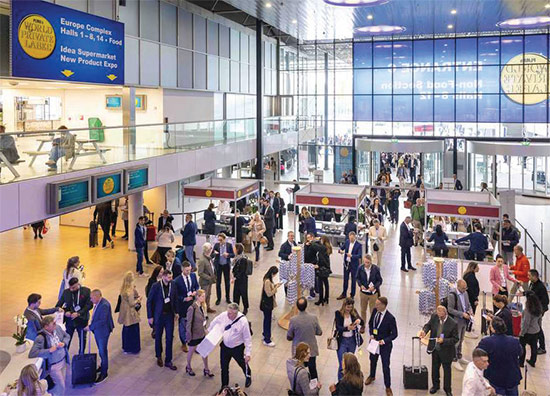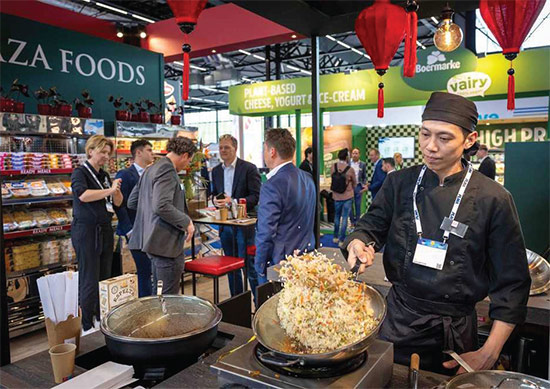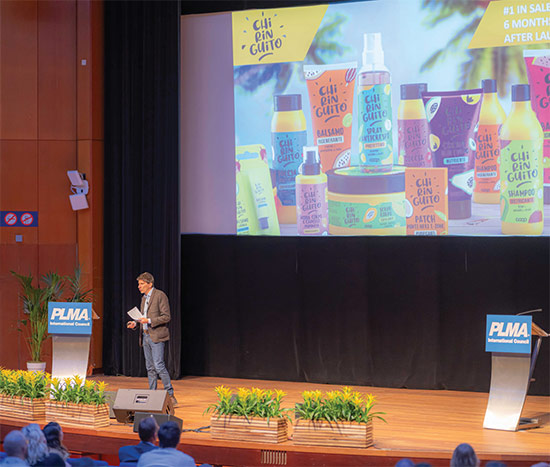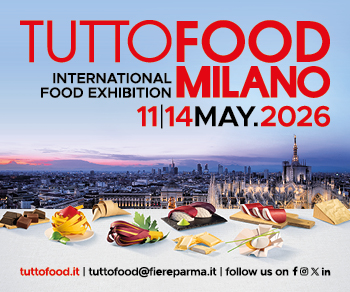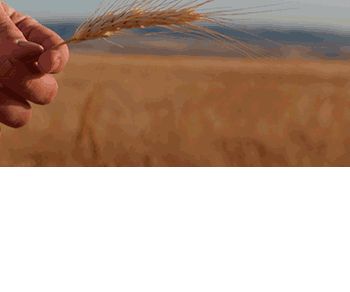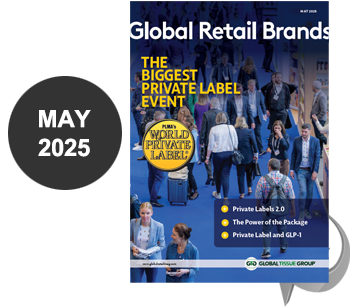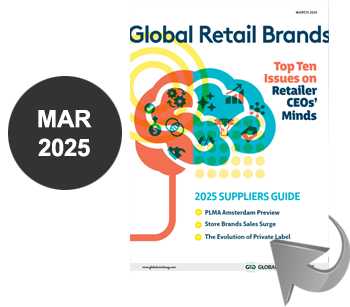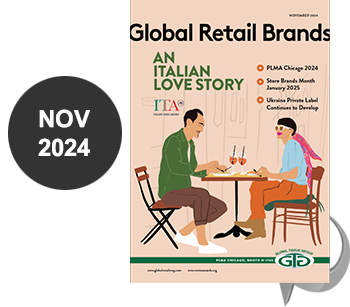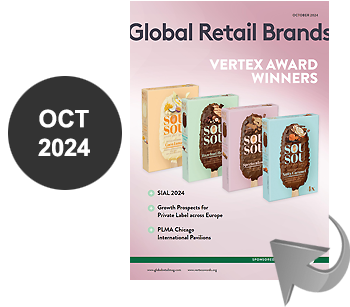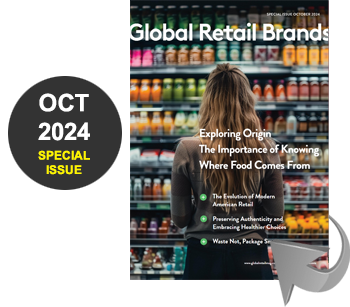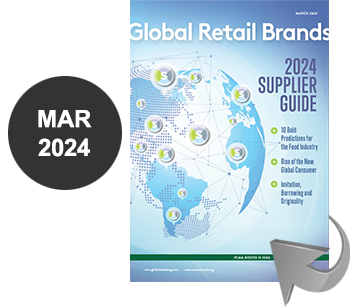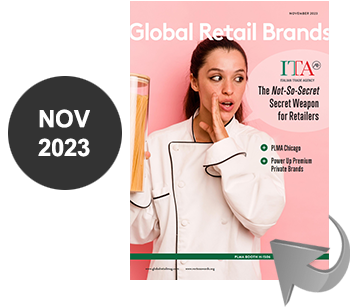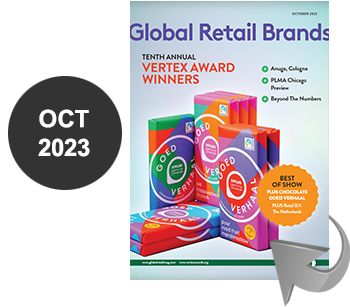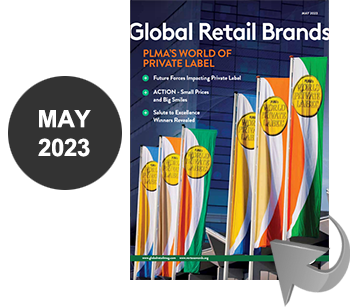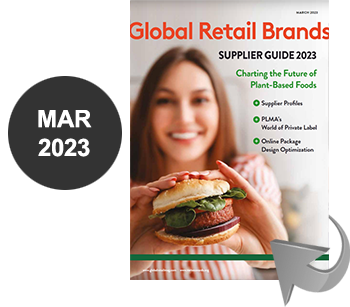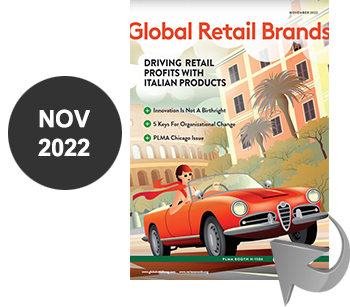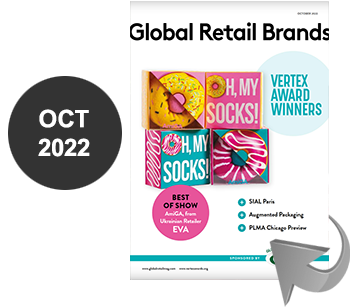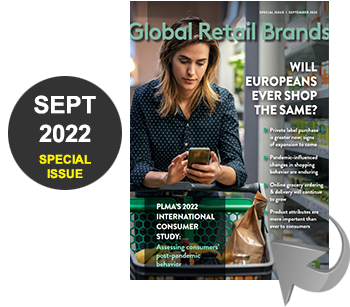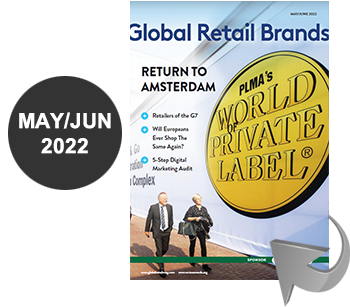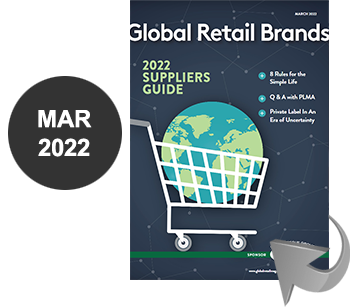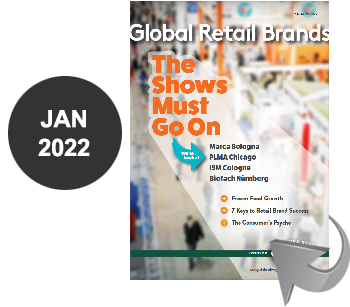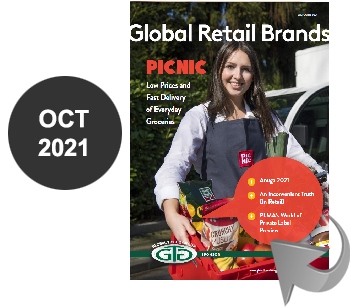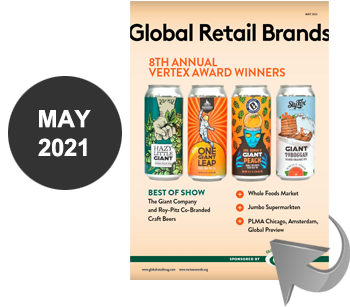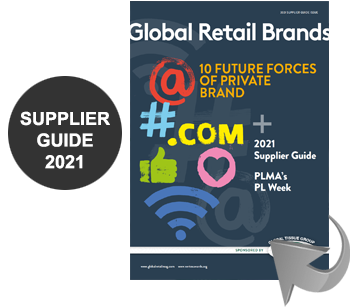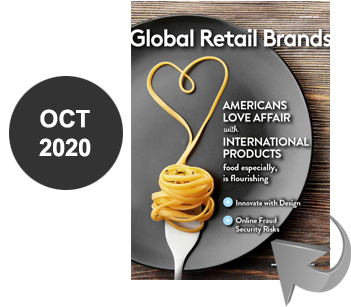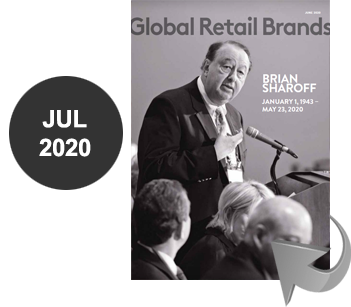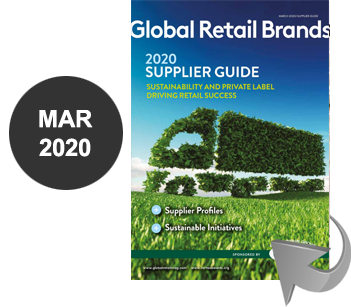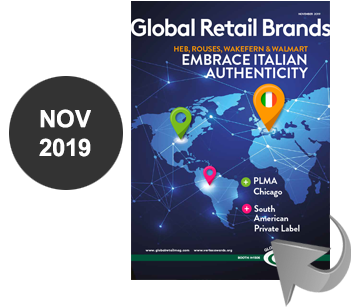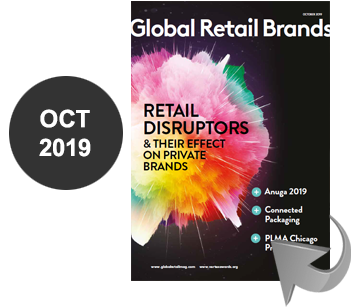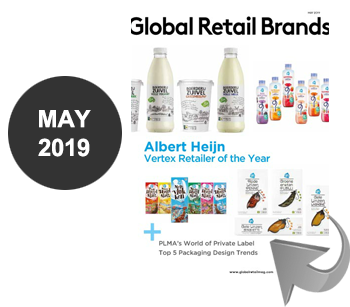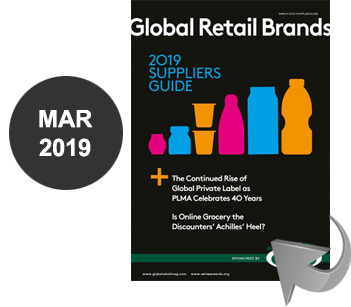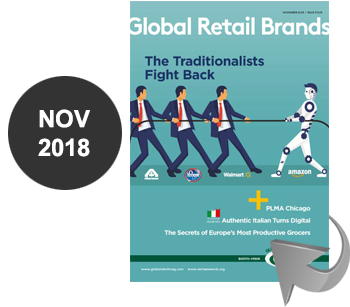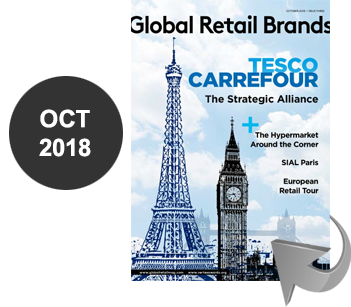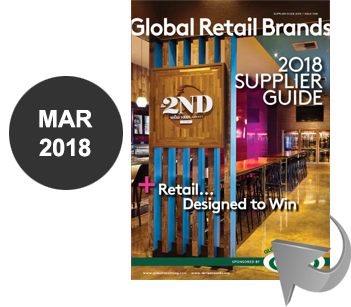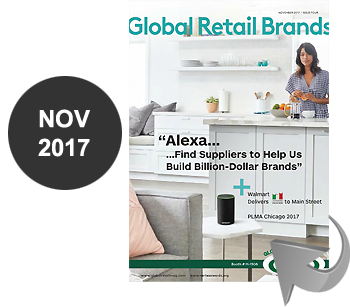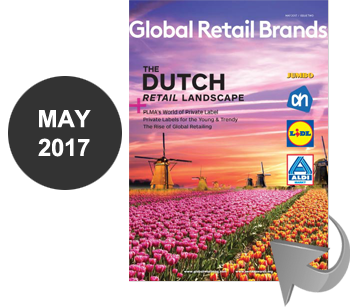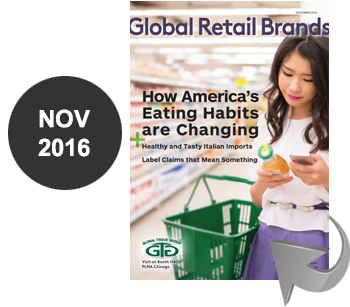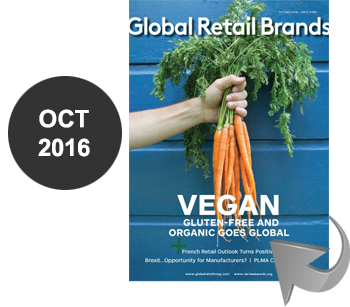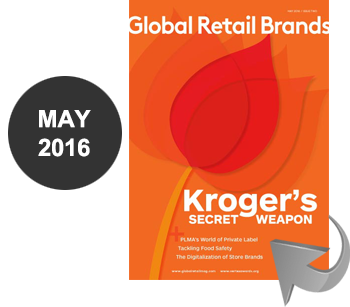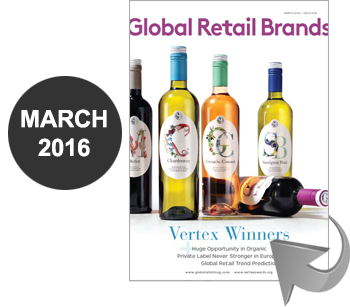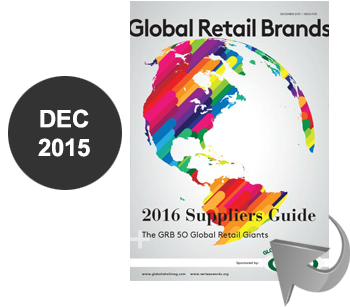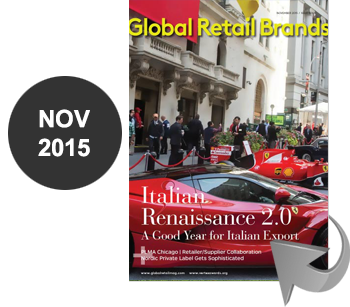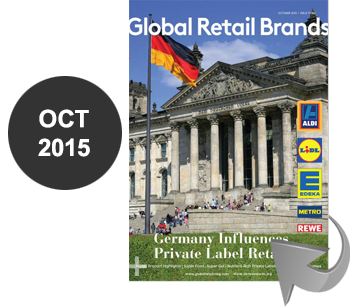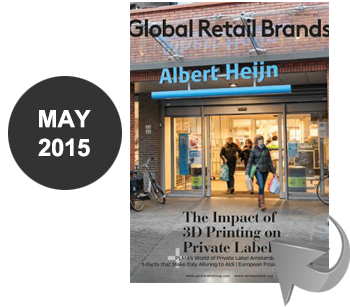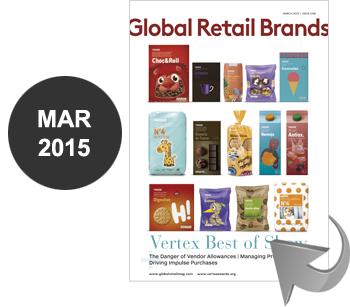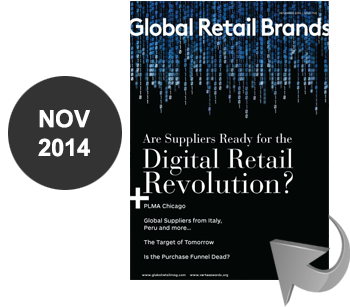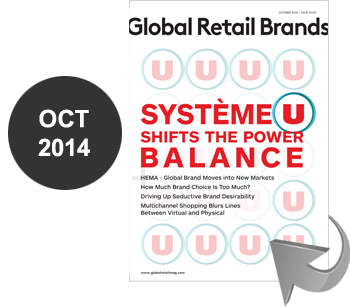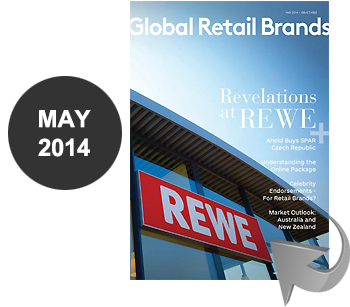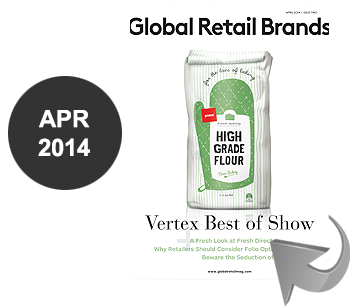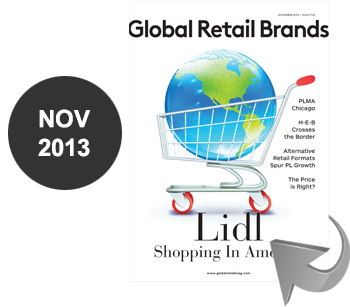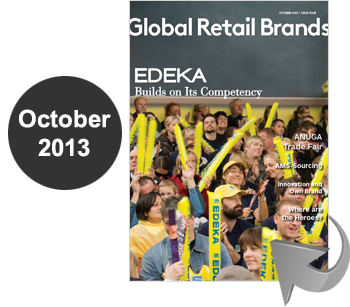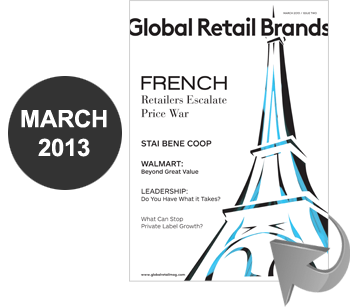The Private Label Manufacturers Association is preparing for its largest and most highly anticipated 2025 World of Private Label International Trade Show, May 20-21 at the RAI Amsterdam Convention Centre.
With a record-breaking number of exhibitors and high expectations from retailers and manufacturers globally PLMA’s World of Private Label International Trade Show reaffirms its position as the premier meeting place for the private label industry worldwide.
With over 3,100 exhibitors from 73 countries, including new pavilions from Canada, Scotland, Bulgaria, Morocco, and Ukraine, the trade show floor will showcase a diverse and innovative range of private label products across all FMCG categories. The show floor will be divided into Food and Non-Food halls, allowing attendees to efficiently explore emerging trends, innovations, and new product developments in a dynamic business environment.
“As private label continues to expand across all markets, companies are seeking innovative products, sustainable solutions, and dependable business partners,” said PLMA President Peggy Davies. “This year’s two-day event, featuring the largest concentration of private label professionals in the industry, will spotlight key trends such as sustainability, health-conscious products, and convenience, while offering exhibitors and buyers an ideal opportunity to connect and grow their businesses.”
PLMA’s annual trade show is the key industry event. With a strong demand for networking, insights, and collaboration, this year’s show is more important than ever.
The trade show has proved itself as the perfect formula for success, combining all the essential elements for growth:
Innovation at PLMA’s Idea Supermarket ®, showcasing the latest private label product trends and packaging solutions.
Intelligence through expert seminars, including presentations, case studies, and workshops on important industry topics. Speakers include Jumbo Supermarkten in The Netherlands and NielsenIQ who will give an analysis on private label market shares in Europe.
Business Opportunities on the Trade Show Floor, where exhibitors and buyers come together to create new partnerships and drive private label forward.
With a record number of participants drawing top-tier visitors, PLMA’s 2025 World of Private Label International Trade Show sets the stage for private label success.
We’re delighted that PLMA President, Peggy Davies, shared some thoughts on the world’s largest PLMA Event and the industry overall.
What makes PLMA’s World of Private Label unique this year?
We’re thrilled to welcome the largest number of exhibitors and buyers to date, creating an incredibly dynamic atmosphere filled with energy, our distinctive buzz, and insightful business conversations happening throughout the trade show floor. With a sharp focus on key private label emerging trends and innovative products, including sustainability, health, and convenience. PLMA is the ultimate platform to cultivate & build valuable business relationships.
What can we expect from this year’s trade show?
The trade show floor is divided into 9 Food and 5 Non-Food halls, with 3,100+ companies from over 70 countries showcasing their latest private label offerings, making it a truly global event. On Monday, May 19, the day before the trade show, we also offer a seminar program and workshops, with all registered visitors and exhibitor personal invited to attend.
Why should one come to Amsterdam and visit the trade show?
This is an easy one: without a doubt, this show is the place to be if you are involved in private label, whether in manufacturing, procurement or retail. It is where business develops, thrives & grows offering the perfect blend for success: strengthening relationships, exploring trends and innovation, and discovering new developments with like-minded professionals. Don’t just take my word for it—come see for yourself! I’m confident it will be an exceptional experience you won’t want to miss.
TRENDS & MARKET INSIGHTS
What are the biggest private label trends emerging from this year’s show?
Ongoing trends like vegan, plantbased, and organic products are widely represented at the trade show, with a growing offering of sustainable food and non-food products. These trends highlight opportunities for the industry to take the lead in creating a greener world.
How has retailer demand changed post-pandemic, and what are they looking for?
Post-pandemic, retailer demand in the FMCG industry has evolved significantly, with a heightened focus on flexibility, efficiency, and responsiveness. Retailers are increasingly seeking products that align with shifting consumer priorities, such as health, sustainability, and convenience. With the pandemic accelerating digital adoption, there’s a growing demand for innovative e-commerce solutions and improved supply chain transparency. Retailers are looking for partners who can quickly adapt to changing market conditions, offer more sustainable packaging options, and provide faster, more reliable delivery solutions.
How does the current private label market compare to last year?
According to data from NielsenIQ commissioned by PLMA, private label continues to gain momentum across Europe, with total sales reaching €352 billion in 2024, a 2.8% increase compared to the previous year. In all of the 17 countries private label Euro sales increased.
How does the European private label market compare to North America or Asia?
Europe remains a dominant global player in private label sales, with 10 countries exceeding a 30% market share, of which five surpass the 40% mark. The three European largest grocery markets; Germany, the United Kingdom, and France, hold a collective private label share of 39.7%, reflecting a 0.1 percentage point increase from the previous year.
What networking opportunities does PLMA offer to help buyers connect with exhibitors?
PLMA offers retailers an online Matchmaking service to set up appointments with exhibitors in advance of the show. PLMA Matchmaker is part of PLMA’s online Show Navigator which is launched to all visitors and exhibitors mid-April.
What advice would you give to a first-time exhibitor at PLMA Amsterdam?
PLMA organises one of the most efficient trade shows in the world. To make the most of your experience, preparation is key. Registered visitors use PLMA’s online Show Navigator to map out a successful strategy for their visit to the event. Show Navigator provides a dynamic show floor map and extensive search functionalities to locate exhibitors and products. Exhibitors have various options to upgrade their standard listings in Show Navigator to stand out from the competition, such as advertisements, logos, videos, press releases and detailed company profiles.
SUSTAINABILITY & FUTURE OUTLOOK
How does the event highlight sustainable and eco-friendly private label products?
In PLMA’s Idea Supermarket sustainability is a major focus. Many examples are on display, including sustainable packaging, eco-friendly growing methods, and responsible sourcing. All offering plenty of inspiration for those looking to explore and acquire knowledge about sustainable private label products.
SEMINARS & WORKSHOPS
What key industry challenges will the upcoming seminars and workshops address, and how will they help attendees navigate these issues?
The seminar programme on Monday 19 May will offer a behind-the-scenes look at Jumbo, the second-largest Dutch retailer. They will provide insights into their strategies and the challenges they face. Nielsen IQ will report on the private label market share in Europe and the implications, trends and forecasts in the different countries.
FUTURE OF PL
How do you see the future of private label evolving in the next 5 to 10 years, especially in light of shifting consumer behaviours and market trends?
Private label has always been closely aligned with evolving consumer behaviours, and this trend will only continue. As consumers increasingly prioritize healthy eating, convenient meal solutions, and sustainable products, private label brands are uniquely positioned to respond swiftly. Unlike established national brands, private labels are able to adapt to emerging trends, offering tailored solutions that meet the immediate demands of consumers. Whether it’s developing healthier options, eco-friendly cleaning products, or time-saving food solutions, private label offers retailers the agility to stay ahead of the curve and keep pace with changing consumer preferences.
What role do you believe sustainability and innovation will play in the future growth of private label brands?
Sustainability has become a major factor over the past five years, evolving so fast that it is now essential in the development of all new private label products, whether in materials or sourcing. Market trends clearly show this shift. There is no turning back, sustainability is here to stay!
As competition between private label and national brands intensifies, what strategies will be crucial for private label brands to succeed in the future?
Private label has traditionally been seen as a more affordable alternative to national brands. However, while price is an advantage, quality remains the key factor for consumers. Price alone has never driven repeat purchases, if the quality doesn’t meet expectations, consumers are unlikely to buy again.



